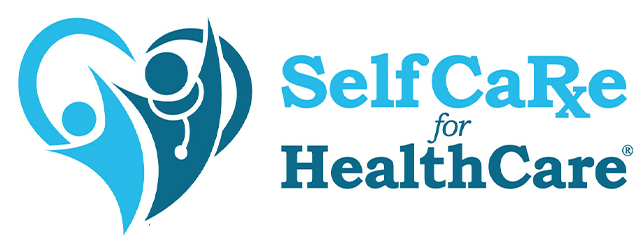Stress puts your body under an enormous physical toll. It causes your heart rate to go up, your blood pressure and breathing to increase, and hormones like epinephrine and cortisol to be released. Over time, that can lead to high blood pressure, blocked arteries, depression, anxiety and even weight gain.
Scientists are now learning that eating certain foods help our bodies and minds to reduce and cope with stress. Here are seven nutrients to include in your meals and snacks:
- Folate: This vitamin helps your body produce dopamine, a pleasure-inducing chemical in the brain that helps keep you calm. Eat more dark leafy green vegetables, edamame, avocado and legumes.
- Magnesium: This mineral helps regulate your emotions and reduce fatigue, irritability and signs of depression. Add seeds such as pumpkin seeds, sunflower seeds and flaxseeds, as well as legumes, quinoa and spinach to your diet.
- Vitamin D: This “happiness vitamin” boosts your mood. People with adequate levels of vitamin D also have a lower risk of panic disorders. Good food sources of vitamin D include fatty fish like salmon, mackerel and trout, plus egg yolks and fortified milk and orange juice.
- Omega-3 Fats: These healthy fats have anti-inflammatory properties that counteract the negative effects of stress hormones. Fatty fish, walnuts and flaxseeds are good sources of omega-3 fats.
- Probiotics: If you’ve experienced digestive side effects while stressed, you know that your brain sends signals to your intestines. Now research is showing how our intestines also signal our brains. Several studies show that probiotics can reduce activity in areas of the brain that handle stress. Get your daily dose of probiotics by eating yogurt with live and active cultures, kefir or fermented foods like sauerkraut and kimchi.
- Antioxidants: These substances help to defend your body against stress. Antioxidants are found in most whole foods, including fruits, vegetables, whole grains, legumes, nuts and seeds. Blueberries and dark chocolate can trigger walls of blood vessels to relax and help lower your blood pressure and reduce the stress hormone response.
- H20: Not drinking enough fluid puts stress on the body. If you are even a few cups of liquid short of your needs, your cortisol levels can increase. Stay hydrated by keeping a water bottle with you and aim to drink three or four full bottles per day. Monitor your hydration levels by checking your urine color (it should be light yellow like lemonade). If it’s any darker, drink more.
To learn more ways to reduce and cope with stress visit SelfCare for HealthCare.




